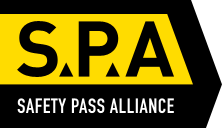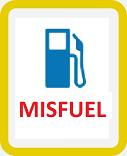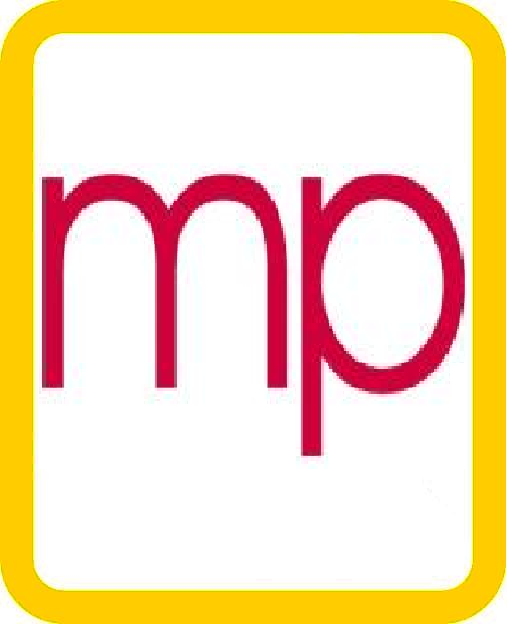The first local authority in England to introduce a safety passport scheme for its housing maintenance operatives has seen a 32 per cent drop in its accident rates in the last three years.
“A large part of this reduction is directly attributable to a greater awareness brought about by the introduction of the safety passport scheme,” said Frank Imms, senior Health and Safety Adviser of Leicester City Council.
He said that 840 employees had been put through the passport scheme, 520 of which were trades people who completed the tailor-made health and safety training course on building maintenance that provides them with a safety passport.
The scheme was introduced three years ago when it was first developed by the UK’s leading authority in worker Health and Safety passport schemes, Safety Pass Alliance (SPA) Ltd., based in Rugby, Warwickshire.
“Both the number and severity of accidents have reduced considerably,” said Frank. “Nowadays we are looking towards zero tolerance and don’t want any accidents. The culture has changed so that people are constantly thinking about their safety and the safety of others.
“Customer care is also important. One of our mantras is that the part of a home where our operatives have worked should be the cleanest and tidiest part when they have finished the job.”
He said that last year operatives from the council’s housing technical services department had carried out 201,866 repairs ranging from gas servicing to routine repair work. The number of visits to tenants’ homes was much higher.
The safety passport scheme is specifically for people engaged in building maintenance includes training on customer care, power tools, occupational health, asbestos awareness, and access and egress.
“In addition to the passport scheme we also deliver specific training on a range of subjects including manual handling, scaffolding awareness, accident investigation, stress awareness and fire safety,” said Frank.
“We are now starting to put our employees through an upgrade safety passport scheme that takes account of recent changes in legislation.”
Ray Gibbs, SPA’s managing director, said: “Local authorities and private companies operating in property maintenance and refurbishment, where the CSCS card was not appropriate have adopted the SPA Passport to ensure a high standard of Health and safety for operatives.
“Unfortunately, contractors can pose an unknown risk to existing safety procedures as it’s not always possible to ensure that individual contractors’ employees have been trained to an acceptable level of health and safety awareness specific to their industry or business sector.
“This is where the SPA Passport scheme is a huge benefit. Employees and contract workers who successfully complete the training course can prove their awareness of basic principles of health and safety in the workplace by showing their Safety Passport.”
The passport is a robust and secure card – similar to a UK driving licence – that displays a tamper-proof photograph of the successful trainee. The photocard features a special ultra-secure ‘holocote’ finish to prevent fraud.
The Passport training provides a detailed understanding of the responsibilities that they – and their employers – have to each other and the consumer. The cost of the training is met by the contractors who are required to ensure their employees have a valid Passport to prevent them from being refused access to an operational site.
“The Passport scheme benefits the bottom line of both the client and contractor as it reduces the time needed to be spent on site inductions. It also provides the peace of mind that only a common, recognised and validated standard of training can provide,” said Ray.
The building maintenance programme, acknowledged by the Health and Safety Executive, is one of many developed by SPA. The company is committed to providing a nationally recognised standard of health and safety training through a passport culture in a wide range of business sectors – from general manufacturing to quarries, and from underground railways to the pharmaceutical sector.



















